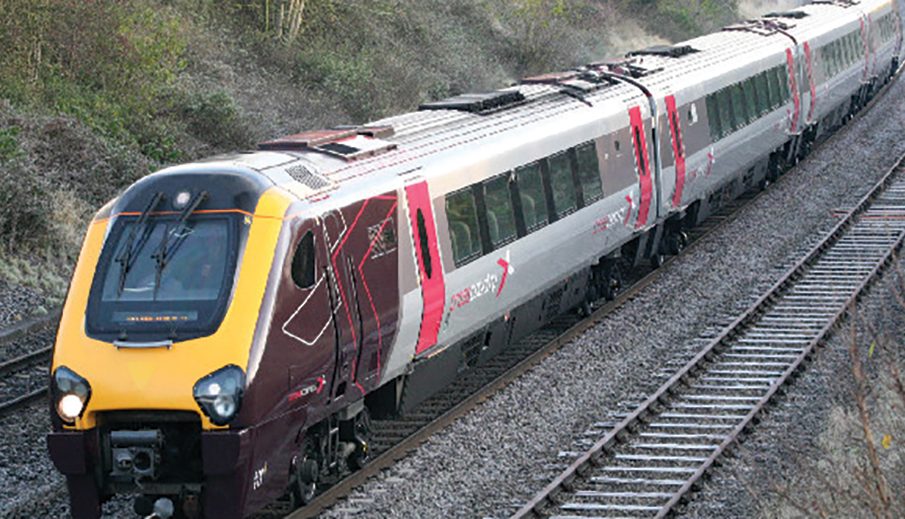The Importance of Crosscountry Trains in the UK Transport Network

Introduction
Crosscountry trains play a vital role in the UK’s rail transport network, providing essential links between key cities and regions. They enable millions of passengers to travel across the length and breadth of the country, significantly contributing to the economy and promoting regional connectivity. As transport infrastructure continues to evolve, the importance of these services remains highly relevant, particularly in the aftermath of the pandemic which has reshaped travel habits and routines.
Services Provided by Crosscountry Trains
Crosscountry operated trains serve a diverse range of routes, connecting cities such as Penzance in Cornwall to Aberdeen in Scotland, and Birmingham to Bristol — making it one of the most extensive intercity operators in the UK. The provider offers various services including direct trains for business commuters and scenic routes for leisure travel, ensuring that they cater to a wide range of passengers.
Recent development initiatives have focused on increasing capacity and improving customer experience. Investment in modernising the fleet is set to enhance comfort, including onboard Wi-Fi and power sockets, addressing the growing need for convenient travel options as more people seek to work while on the go.
Impact of Crosscountry Trains on Regional Economies
Crosscountry trains significantly impact regional economies by facilitating not just commuter travel but also tourism. The convenience of rail travel allows visitors to explore different regions effectively, thereby boosting local businesses and attractions. A study by the Office of Rail and Road revealed that rail travel contributes billions to the UK economy, with Crosscountry services being a pivotal part of that equation.
Furthermore, the accessibility provided by these train services is crucial for those without alternative means of transport. By enabling easier access to education and employment opportunities across regions, Crosscountry helps to reduce social inequality and enhance inclusivity.
Future Developments and Challenges
Looking ahead, Crosscountry trains face both opportunities and challenges. The introduction of new technologies, including digital ticketing and real-time information systems, promises to further improve the travel experience. However, there are ongoing challenges such as the need for infrastructure investments and addressing environmental concerns. The rail industry is tasked with balancing the demand for increased services with sustainable practices to ensure that railway travel is both efficient and eco-friendly.
Conclusion
In conclusion, Crosscountry trains are a vital component of the UK’s transport landscape, enhancing connectivity and supporting economic growth across regions. As passengers continue to seek convenient and reliable travel options, the evolution of Crosscountry services will remain critical for future infrastructure developments. With ongoing improvements and the potential for expanded services, the significance of Crosscountry trains will only grow in the years to come.








